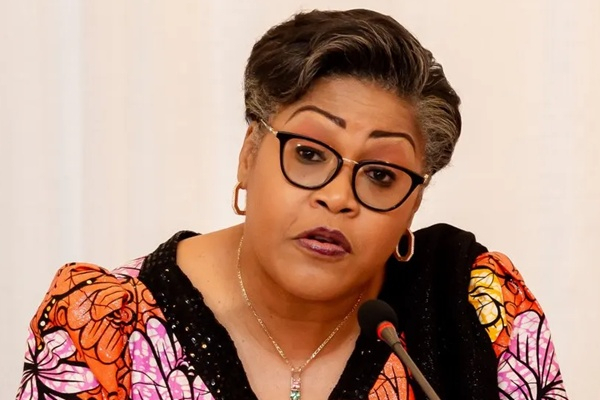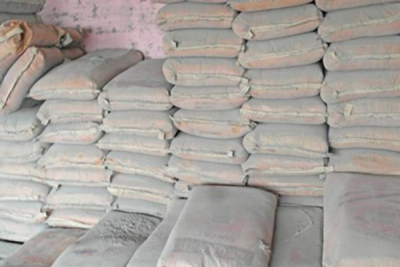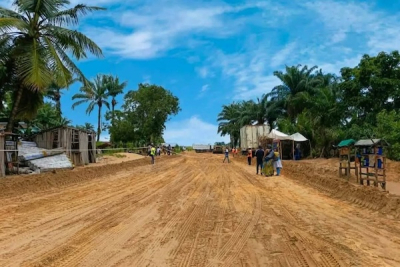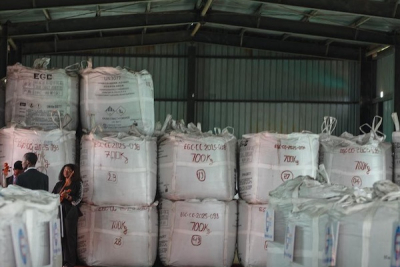In the Democratic Republic of Congo (DRC), relevant authorities have two weeks to submit concrete proposals to address the issues keeping the Congolese franc (CDF) at a historically low level. Prime Minister Judith Suminwa issued the deadline this week.
Suminwa blames speculation for the situation. According to her, it is "undermining the budgetary and monetary efforts" of the government. She added that the growing speculation is driven “some exchange bureaux that collude with certain banks.”
According to recent data from the DRC’s Central Bank, the CDF’s value plunged by 479% from July 2005 to July 2024.
Previously, this devaluation was partly blamed on low foreign exchange reserves, which barely covered one month's imports. Additionally, international economic and political crises have strengthened the US dollar, further depreciating currencies like the CDF.
The proposals from Judith Suminwa will focus on exchange bureaux, although these have a limited impact on the currency market, with modest transaction volumes. Between January and July 2024, these bureaux accounted for only $2.16 million in sales, compared to $4.68 billion for banks, which dominate the market.
Banks handle nearly 90% of total transaction volumes for buying and selling US dollars due to their larger foreign exchange reserves. The market mainly focuses on dollar purchases, increasing demand and putting downward pressure on the CDF's value. Even in the informal economy, street traders' exchange rates closely match those published by the Central Bank.
At the start of 2023, several factors led to significant speculation that caused the CDF to depreciate sharply. However, since mid-2023, the currency has shown signs of stability despite uncertainties linked to US Federal Reserve decisions regarding the dollar. In 2024, the CDF has demonstrated notable resilience compared to other African currencies.
Georges Auréole Bamba










